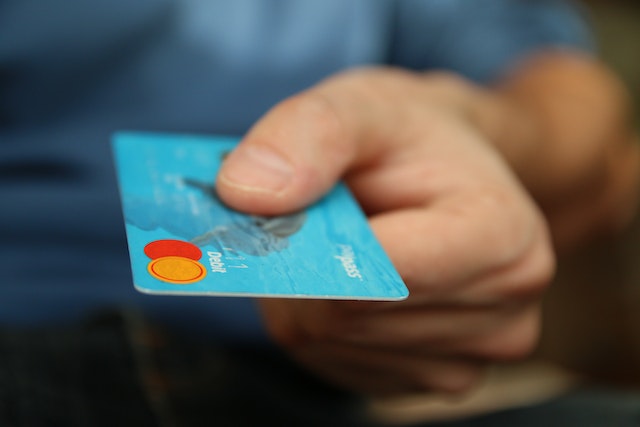© 2025 Law Office of Sarina Gianna, LLC.
All rights reserved. Attorney advertising.

What happens to joint credit cards when you divorce?
When facing a divorce, assets, and finances must be re-evaluated. After years of combining bank accounts, making joint purchases, and maintaining joint accounts such as credit cards, decisions need to be made. Marital debt is divided between spouses, as part of the divorce process. In New Jersey, marital property is divided under a principle called equitable distribution. It is split fairly but not always evenly. There are several factors at play. It can be complex. That is why it is important to have legal support. Contact an Ocean County Property Division Attorney for a consultation with an experienced attorney to learn more about what happens to joint credit cards during a divorce and how our firm can help.
What is a joint credit card account?
There are two types of credit card accounts: individual and joint. Let’s look a bit closer at joint accounts. Within a joint account, you and your spouse are responsible for paying debts. Even if one of you takes charge of paying the bills, both are held responsible for a joint account. Both your income, assets, and credit history are considered when applying for a joint account. Credit reports of a joint account are reflected in both names. This remains true even after the divorce. If a credit card remains open after a divorce and an ex-spouse runs up the bill, this could affect the ex’s credit history.
What happens to joint credit cards after a divorce?
One thing you should pay attention to if you’re considering a divorce is your credit cards. It is important to review all joint accounts and make decisions about how to proceed with any open accounts. Regardless of what the outcome may be, continue making payments. You may be held responsible for an outstanding balance, even if the purchases were made by your spouse. With the help of an experienced attorney, you can make important decisions about these accounts. This might include closing the account or requesting that the account be converted into individual accounts. You also may decide it’s best to keep the account open if there are specific childcare expenses the card is used for or if closing the card would negatively impact your credit. If you decide to keep the card open, it is very important to have an attorney draft a clear agreement regarding the use of the card and the responsibility for payments and debt.
In New Jersey, there could be a presumption that there is a 50-50 split of any marital debt, including credit card debt. This could all be a part of any property settlement agreement. All debts and assets of both parties will be considered. It may be best to find ways to pay off this debt upfront. If one spouse claims bankruptcy, doesn’t follow the order, and doesn’t pay his or her portion, the creditor could potentially seek payment from you. Even if there is a divorce agreement that states otherwise, you do not want to end up with the responsibility of any unpaid debt.
As you can see, this can be a complex issue that is best handled with professional help. Contact the law office of Sarina Gianna, LLC today for more information.
